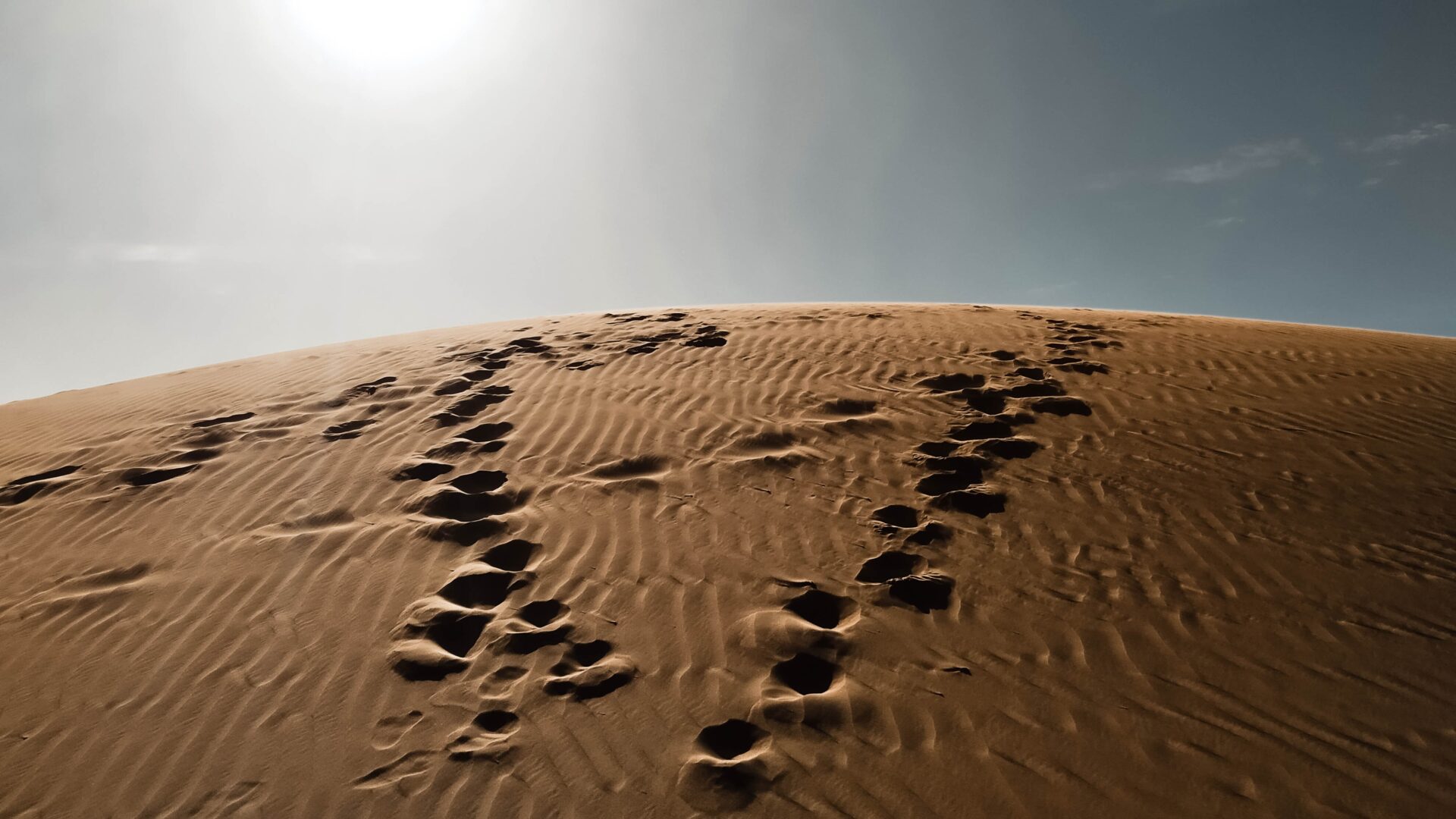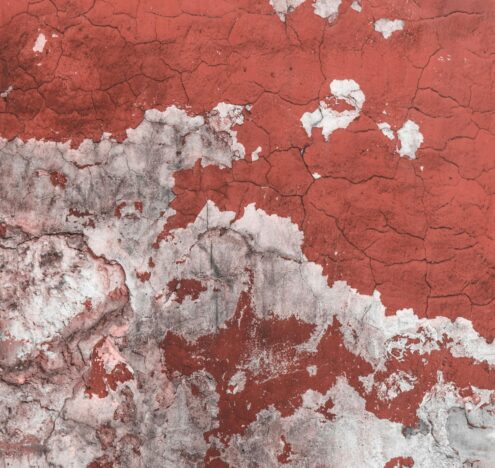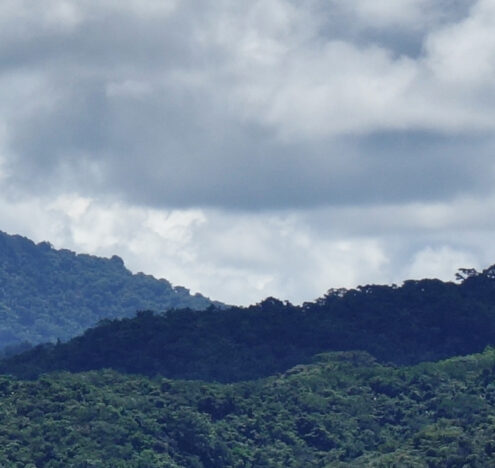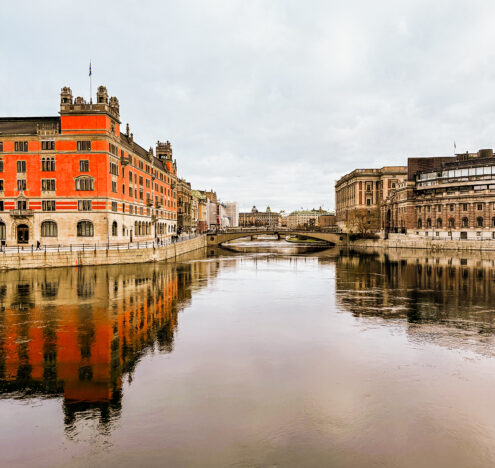The US recently named the Wagner Group as a significant transnational criminal organization. The designation sheds light on the growing influence of the Kremlin-aligned mercenary in Africa.
Founded in 2014 during the Russo-Ukrainian conflict by Russian Oligarch and Putin ally, Yevgeny Prigozhin — to give Russia plausible deniability — the group’s operation has spread abroad. Members fought alongside the Assad regime during the Syrian Civil War. Since then, the Wagner Group has acquired global prominence and its footprint now extends into Africa. From Libya, where it supported General Khalifa Hafter, to Madagascar, Sudan, Mozambique, Central Africa Republic, Mali, and Burkina Faso, the group is slowly snaking its way across the continent. Now local and international observers are wondering: What is Putin’s game plan in Africa?
Although there are numerous paramilitary or Private Military Contractor groups operating globally today, the Wagner Group is renowned for its exceptional brutality, recruitment of convicts as expendable fighters, systemic human rights violations, resource theft, and political interference. The group acts as a shadow army for Putin’s revanchist ambitions in Europe. And in Africa, it operates as Russia’s boots on the ground in an expansionist agenda that seeks to revive “Soviet-era influence on the continent,” a UN official working in the region told Inkstick. In a similar vein, Dr. Joseph Siegle who leads the Africa Center’s research program, believes Russia’s strategic objectives in Africa are to secure “a foothold in the eastern Mediterranean, gaining naval port access in the Red Sea, expanding natural resource extraction opportunities, displacing Western influence, and promoting alternatives to democracy.”
Weapons For Gold
The Wagner Group’s strategy consists of targeting the weak states concentrated in the troubled Sahel. “They go into places where there are resources, unstable government structures, and weak state institutions and take control of their resources while pretending to help them win wars,” the UN official said.
The Sahel, a vast semi-arid region of Africa, is the world’s most neglected and conflict-ridden region. Since the regime shift in Libya and the subsequent uprising in Northern Mali in 2012, the security situation has gone from bad to worse in much of the region with Islamic jihadists affiliated with the Islamic State as well as armed militias belonging to pastoral and farming communities engaged in internecine warfare.
In a string of successes that has shocked the West, Wagner Group appears to be picking off one country after another, by coming to the aid of their governments with weapons to fight jihadists often in exchange for gold mines and other high-value resources. In Central African Republic, Wagner fighters have helped to hold off armed rebel groups and to keep President Faustin-Archange Touadera in power in exchange for the country’s gold and diamond mines. Likewise in 2019, it deployed about 160 fighters to the gas-rich Cabo Delgado region in Northern Mozambique. Also in Sudan, Wagner obtained gold mining concessions in exchange for helping to quash anti-government protests that eventually toppled the country’s former autocratic leader, President Omar Hassan al-Bashir. In December last year, Ghana’s President, Nana Akufo-Addo accused neighboring Burkina Faso of contracting the Russian paramilitary group. “I believe a mine in southern Burkina has been allocated to them as a form of payment for their services,” Akufo-Addo said during a three-day US-Africa summit in December last year.
Now Putin’s influence has become even more audacious as can be seen in the recent events in Mali. The government kicked out French forces that had been operating in the country under operation Barkhane, the former colonial power’s military intervention in the Sahel. In the ensuing security vacuum, Wagner Group deployed at least 1,000 mercenaries. This is a significant development as it shows the Kremlin successfully strong-arming a key competitor out of an African country thereby setting off the fear of potential contagion effects for the rest of the Sahel, Waliu Ismaila told Inkstick. Ismaila is a doctoral candidate in African history and British imperial studies at West Virginia University, USA. “This could mark the beginning of the end of France’s influence in the region,” he added. In December last year, Burkina Faso’s Prime Minister Apollinaire Kyelem de Tembela met in Moscow with Russian Deputy Foreign Minister Mikhail Bogdanov to discuss “priority issues of strengthening relations” between the two countries, according to a Russian Foreign Ministry statement.
Wagner is far more than a simple weapons-for-gold scheme. It also commits political interference, props up dictators, orchestrates digital deceptive campaigns, produces action movies, and organizes beauty pageants.
But Wagner is far more than a simple weapons-for-gold scheme. It also commits political interference, props up dictators, orchestrates digital deceptive campaigns, produces action movies, and organizes beauty pageants. In 2021, CAR made Russian language study compulsory in the country’s universities. At the same time, Russia’s trade with Africa is growing, although still incomparable to that of China and other powers. Foreign Direct Investment (FDI) from Russia is less than 1% of total FDI into Africa. But this has not stopped Russia from undertaking huge investment projects in friendly African countries such as Egypt, where Rosatom, the Russian state corporation headquartered in Moscow that specializes in nuclear energy, nuclear non-energy goods, and high-tech products, is building a whopping $25 billion power plant at El-Dabaa. Russia also has other investment interests like oil and nuclear energy deals in Nigeria, diamond mining in Angola, oil exploration in Ghana and Algeria, gas projects in Cameroon and Nigeria, hydropower in Tanzania, and arms exports in Uganda, Egypt, and several other African States.
Expansion to the Sea
Russia also is in talks with Sudan to acquire its first African military base. The agreement, which is planned to last for 25 years, with automatic extensions for 10-year periods, allows Russia to set up a naval base with up to 300 Russian troops, and to simultaneously keep up to four navy ships, including nuclear-powered ones, in the strategic Port Sudan on the Red Sea. In exchange, Russia is to provide Sudan with weapons and military equipment.
If the deal with Sudan succeeds, this will help establish Russian hegemony on the continent especially at a period when Africa’s former colonial masters, France and Britain have become unpopular while the US is yet to recover from Trump-era “America First” policy. “Putin’s aim has always been to rebuild the Russian empire. He looks with nostalgia at the days of the Soviet Union. So all his expansionist activities are aimed at increasing the influence of Russia across the world” the UN official observed. Meanwhile, one of the factors behind Putin’s success is the legacy of the Soviet Union’s relationship with the continent.
Besides, unlike its European neighbors, Russia has no colonial legacy in Africa. As such, Russia’s presence in the region does not raise Africans’ eyebrows in the same way. Add to that the fact that Russia, just like China, does not care about human rights and Western-style democracy. “Putin’s autocratic leadership appeals to African leaders, many of whom are dictators,” the UN official said. Unlike the West, Russia does not insist on respect for rule of law, good governance, democracy, and respect for human rights as a precondition for providing weapons and economic aid.
Potential Danger Ahead
Among ordinary Africans, Russia’s popularity continues to soar. During the coups that took place in Mali and Burkina Faso, hundreds of demonstrators could be seen on the streets of Ouagadougou and Bamako waving Russian flags in celebration. “Only Westerners talk about Wagner, and given their rivalry with Russia, I distrust all the information Westerners give about Wagner” Diallo Abdoulaye told Inkstick. Abdoulaye is the Coordinator of the Ouagadougou-based National Press Center Norbert Zongo in Burkina Faso. He believes that what is happening is “just a war of control of Africa between the powers, with Russia, China, and Iran also wanting to stretch their influence against the US, Britain, and France.”
Amidst this situation, Russia’s actions in uncritically backing newly emergent dictators and coming to their aid with arms and economic support when Western nations and regional blocs sanction them is acting as a stimulant to encourage a collapse of democracy on the continent, Ismaila noted.
As Russian influence continues to grow, Africa could be drawn into the orbit of the unfolding Great Power competition. Russia’s plan to establish a military presence in the horn of Africa, which will give it control of the strategic Red Sea and the Indian Ocean, could be the tipping point, Ismaila told Inkstick: “Africa faces the risk of becoming a new theater for Russia and the West’s saber rattling.”





















